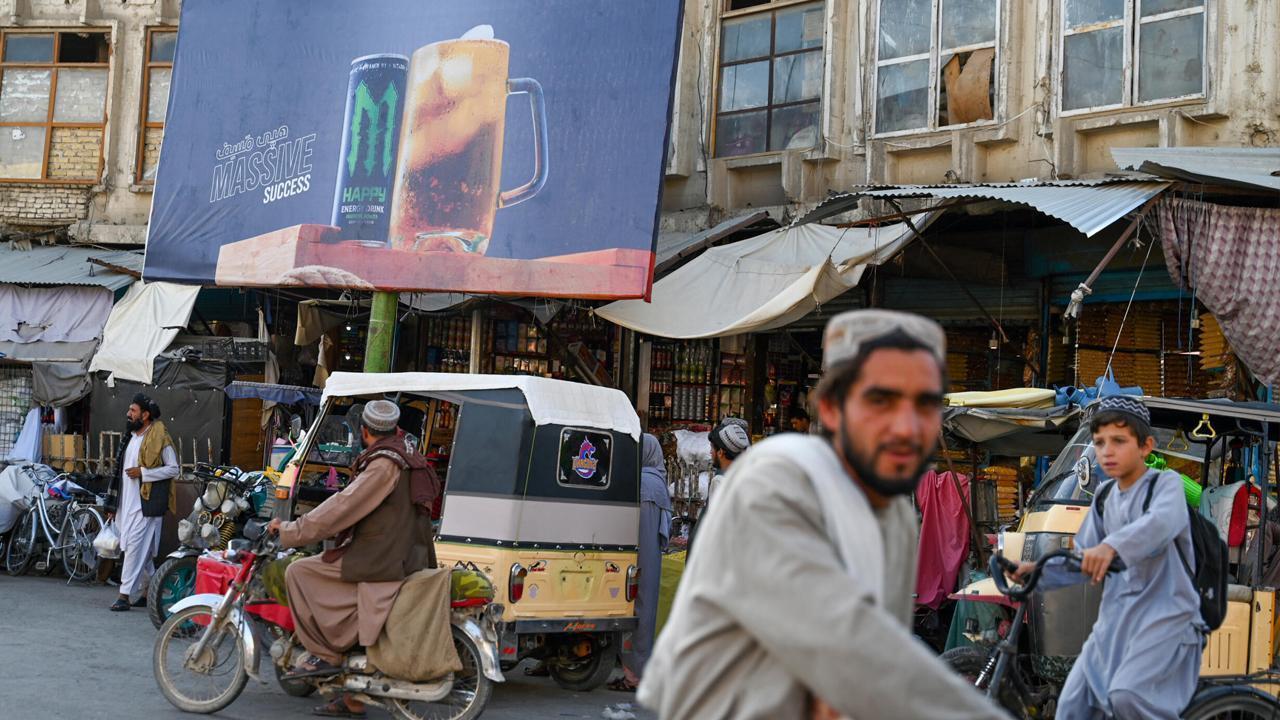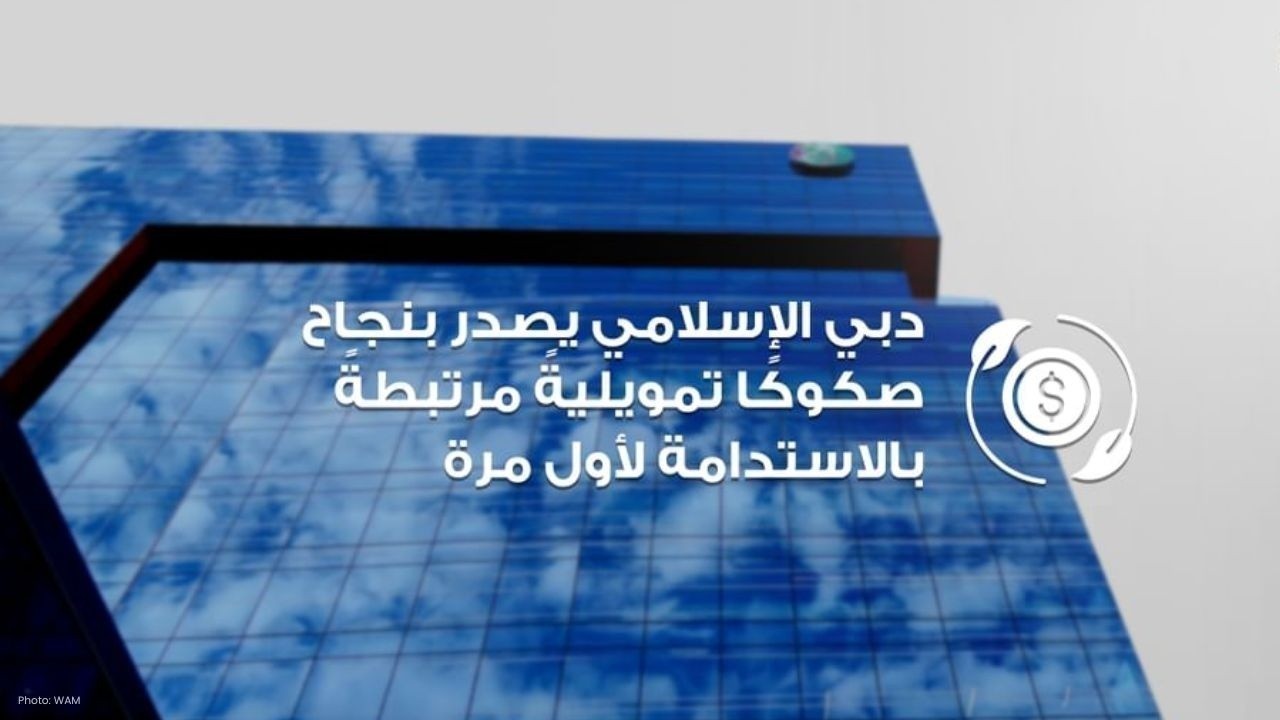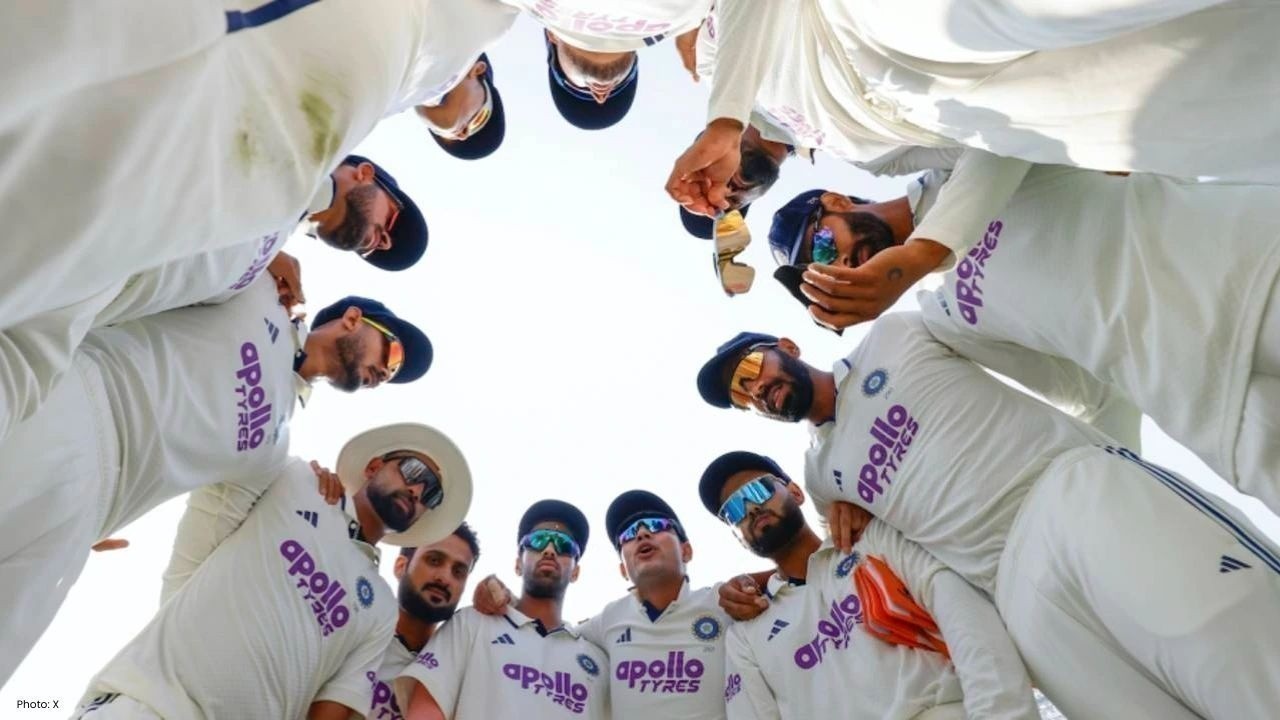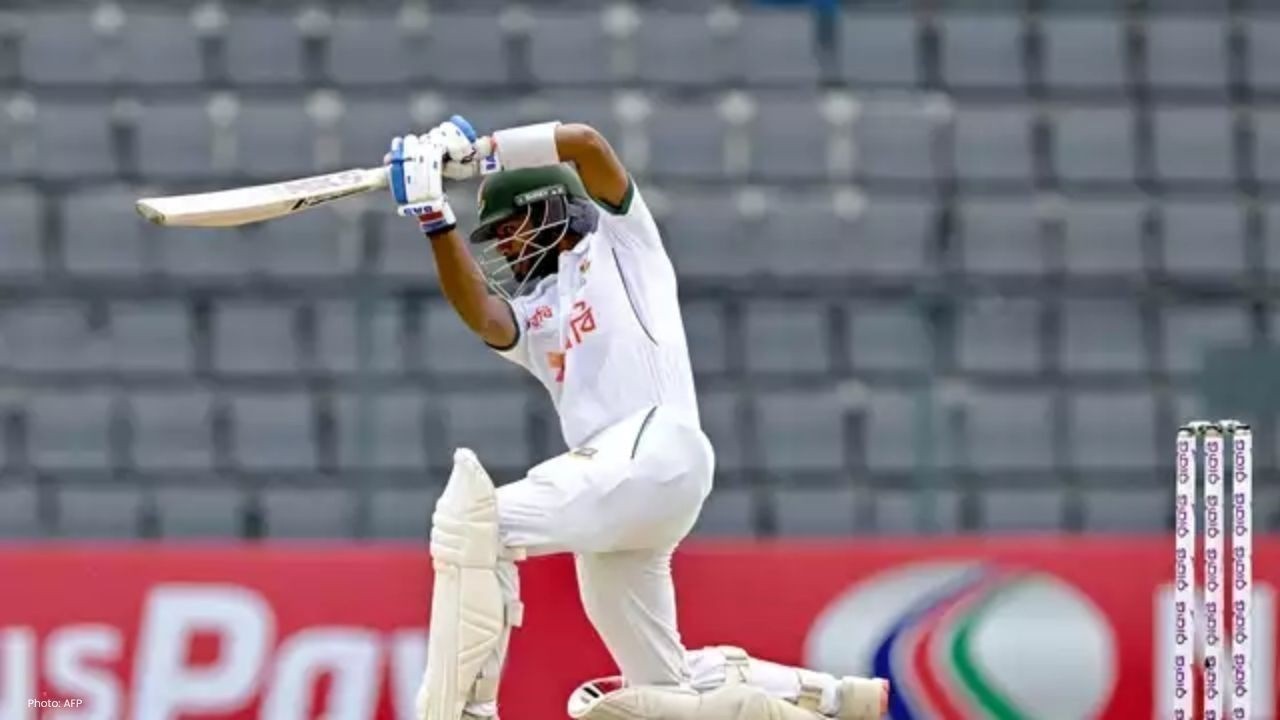
Post by : Raina Mansoor
Photo : AFP
In Afghanistan, where alcohol is strictly forbidden, energy drinks packed with caffeine have taken over as the stimulant of choice for many. In the western city of Herat, a warehouse buzzes with activity, producing 24 cans of energy drinks every second. These drinks have become a popular, and sometimes essential, pick-me-up for Afghans who face a tough, day-to-day existence.
Despite the Taliban’s efforts to cleanse Afghanistan of Western influences, the energy drink craze, which gained momentum during the U.S. military presence, remains a booming business. A domestic industry has even sprouted up to meet the demand, with local brands like "Commando," "Attack," and "Predator" drawing on Afghanistan’s wartime past to appeal to consumers.
The consumption of energy drinks is widespread, cutting across all segments of society. Everyone from secret police officers to children are seen grabbing cans from roadside kiosks. These drinks, often advertised more heavily than even Taliban propaganda, are a symbol of escape for many in the country. According to Milad Ghaznavi, a 19-year-old from Herat, energy drinks have become more than just a beverage—they’re a coping mechanism for the hardships of life. Ghaznavi, who used to drink them regularly before quitting for health reasons, said they’ve become “a habit and a craving” for many Afghans.
Stay informed with the latest news. Follow DXB News Network on WhatsApp Channel
The health impact of these drinks, however, is significant. High in caffeine and sugar, energy drinks are readily available across Afghanistan, sometimes more accessible than drinking water. For many Afghans, they have become a means of supplementing an inadequate diet. The World Food Programme (WFP) reports that nearly 90 percent of Afghanistan’s population is consuming insufficient food, with many families relying on cheap, less-preferred meals or reducing portion sizes to make ends meet.
For laborers like Gulzar, energy drinks are essential to get through grueling workdays. The 40-year-old, who goes by one name, consumes four cans of "Hit" each day during his 14-hour shifts. "We sweat and get tired, so when we drink energy drinks, it helps," Gulzar explained. "Without them, you’re exhausted, you have headaches, you just feel drained."
But this constant consumption of energy drinks comes at a cost. Gulzar’s daily intake includes more than 100 grams of sugar—twice the amount recommended by the World Health Organization—as well as enough caffeine to equal six espressos. Excessive caffeine consumption can lead to a range of health problems, including high blood pressure, heart palpitations, anxiety, and insomnia, according to the U.S. Food and Drug Administration. Yet for people like Gulzar, there’s no alternative. "Afghanistan is beyond impoverished," he said. "If we could afford better, we wouldn’t rely on these."
In the Afghan market, local energy drinks are affordable, costing around 30 Afghani ($0.40) per can, while imported brands like Red Bull and Monster remain out of reach for the majority. For the poorest, energy drinks are a luxury, and many instead survive on bread and caffeinated green tea, relying on these basic foods to keep them going.
Energy drinks have become big business in Afghanistan. While the global energy drink industry is estimated to be worth nearly $40 billion in 2024, Afghanistan has its own growing sector. In Herat, Pamir Cola, one of the country’s leading energy drink manufacturers, produces over a million cans a day, despite acknowledging that it is only a small player in the market. The company estimates that Afghanistan’s energy drink production equals roughly two cans per day for each of the country’s 40 million people. However, without reliable data on Afghan commerce, verifying this figure is impossible.
Inside Pamir Cola’s factory, workers operate machines that churn out energy drinks as long as electricity flows, mixing sugar and citric acid into every batch. The company claims to adhere to European standards, though Afghanistan’s market remains largely unregulated.
Zahir Shah Bahaduri, who runs Pamir Cola with his brothers, has no illusions about the nature of their product. "For the people of Afghanistan who do hard labor and don’t have good food, energy drinks are the best option," the 45-year-old said. Bahaduri believes that business is booming and will likely continue to grow, despite the challenges facing the country.
On the highways of Kabul, vendors sell crates of energy drinks to drivers who stop to buy a quick pick-me-up. For some Afghans, these caffeinated beverages have become the small joy in an otherwise challenging life. "It takes away their tiredness," said Ahmad Gulab, a 36-year-old vendor. "For many, it’s their only source of happiness."
Energy drinks may not be a lasting solution to the struggles Afghans face, but for now, they offer a brief respite from the daily grind.

Jessi Ngatikaura Admits Affair, Reveals Turmoil in Marriage
Reality star Jessi Ngatikaura opens up about her affair, emotional abuse claims, and reconciliation

Verizon to Cut 15,000 Jobs as Major Restructuring Begins
Verizon will cut 15,000 jobs next week in its biggest-ever restructuring move under new CEO Dan Schu

World Diabetes Day: Doctor Shares the Best Time to Check Blood Sugar for Safe Levels
A diabetologist explains the right times to check blood sugar to avoid sudden high and low levels. S

India A Ready With Young Stars For Asia Cup Rising Stars 2025
India A begins Asia Cup Rising Stars 2025 with exciting youngsters like Suryavanshi, Arya, and Suyas

DIB Raises $1B in Landmark Sustainability-Linked Sukuk
Dubai Islamic Bank launches $1B Sustainability-Linked Sukuk, marking a key milestone in Islamic sust

Mumbai Indians Sign Rutherford And Thakur For IPL 2026 Season
Mumbai Indians acquire Sherfane Rutherford and Shardul Thakur to strengthen batting and bowling for

Singapore Airlines Unfazed by Boeing 777-9 Delivery Delay, CEO Confident
Singapore Airlines says Boeing 777-9 delays won’t disrupt fleet plans, highlighting flexible strateg

India A Ready With Young Stars For Asia Cup Rising Stars 2025
India A begins Asia Cup Rising Stars 2025 with exciting youngsters like Suryavanshi, Arya, and Suyas

Mumbai Indians Sign Rutherford And Thakur For IPL 2026 Season
Mumbai Indians acquire Sherfane Rutherford and Shardul Thakur to strengthen batting and bowling for

Bumrah Leads India As South Africa Fall For 159 In First Test
India dominated Day 1 after Jasprit Bumrah took 5 wickets to bowl out South Africa for 159, turning

Bangladesh Beat Ireland Easily With Big Innings Victory At Sylhet
Bangladesh defeated Ireland by an innings and 47 runs at Sylhet, powered by strong batting, sharp sp

Chadwick Boseman to Get Posthumous Star on Hollywood Walk
Late actor Chadwick Boseman will receive a posthumous star on the Hollywood Walk of Fame on Nov 20,

Cristiano Ronaldo Red Card Called Harsh by Portugal Coach
Portugal coach Roberto Martinez says Ronaldo’s first-ever international red card was harsh after a 2

Eggs Thrown at Rubiales During Launch of New Book in Spain
Former Spanish FA chief Luis Rubiales was attacked with eggs during his book launch in Madrid, an ac

Kai Trump Shoots 83 in LPGA Debut and Learns from Experience
Kai Trump scored 83 in her LPGA debut, finishing last but gaining experience as crowds and media fol